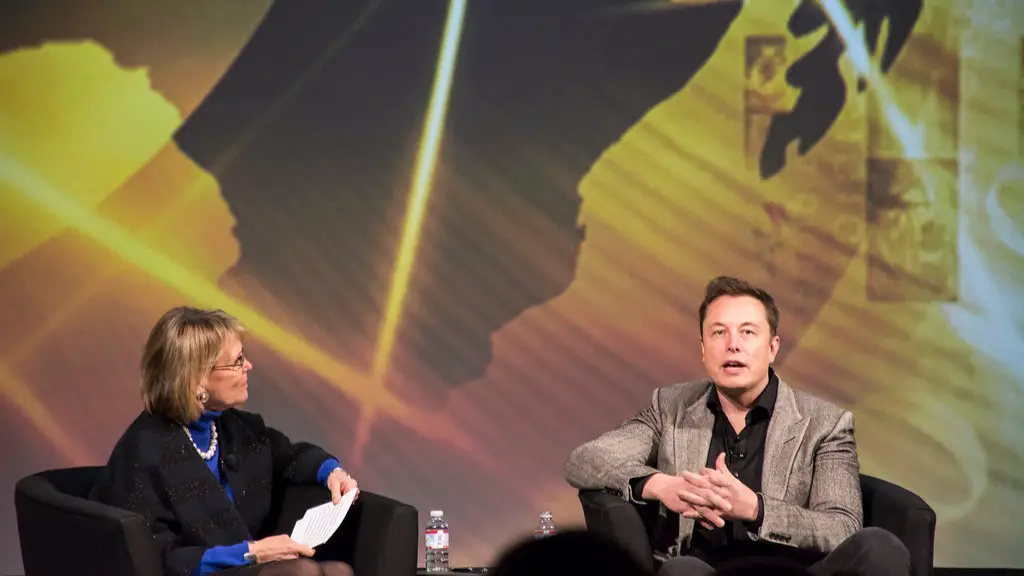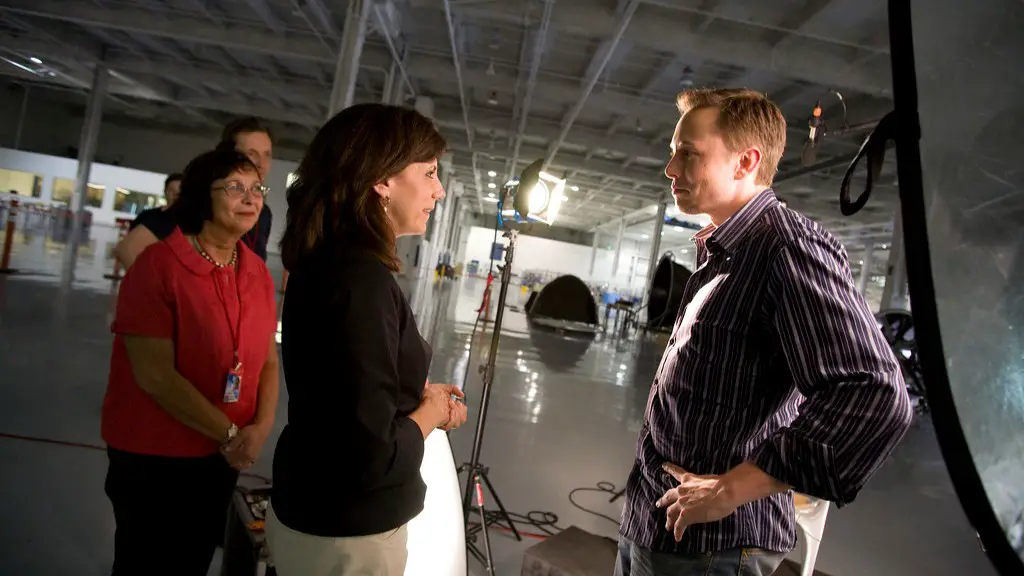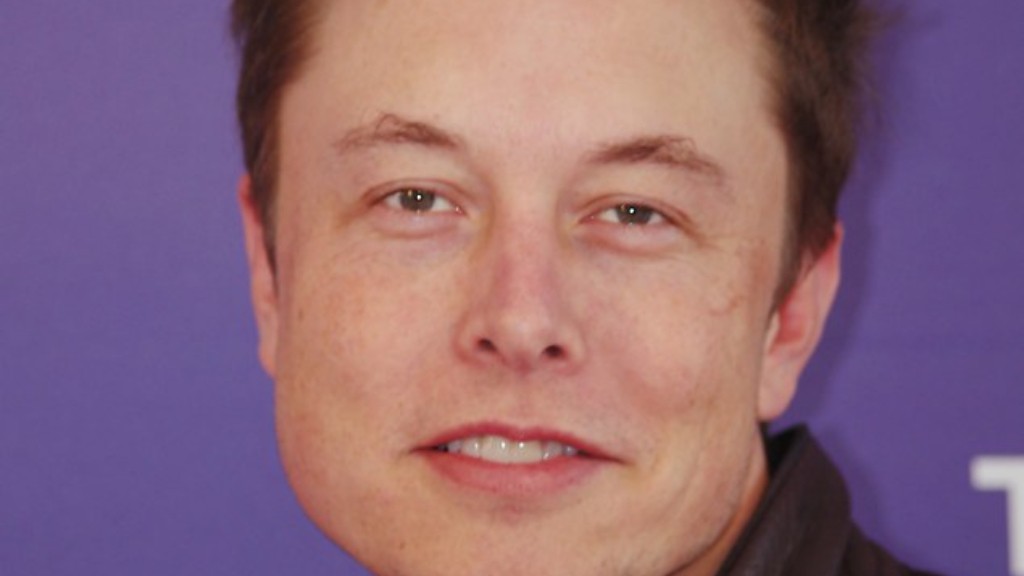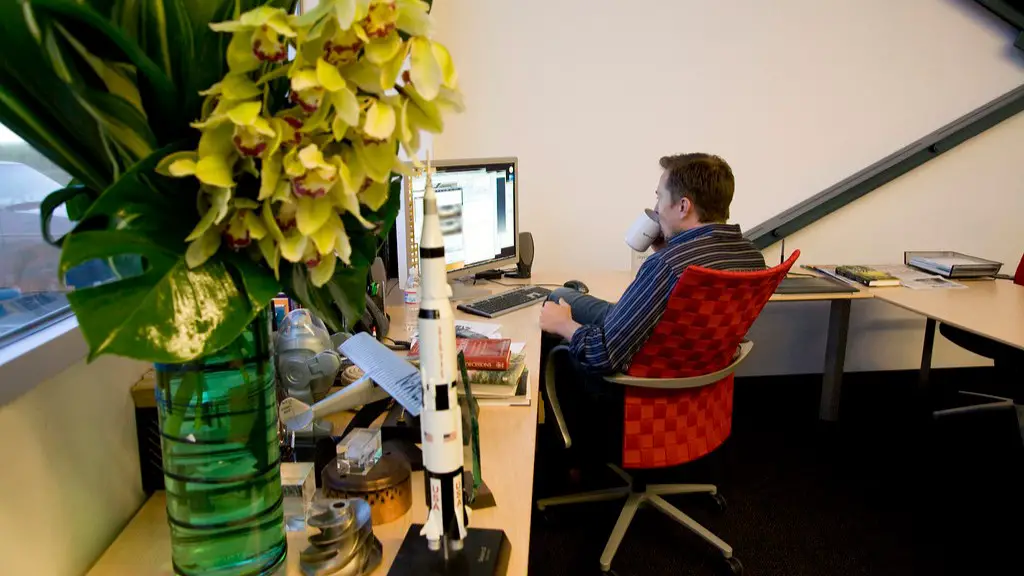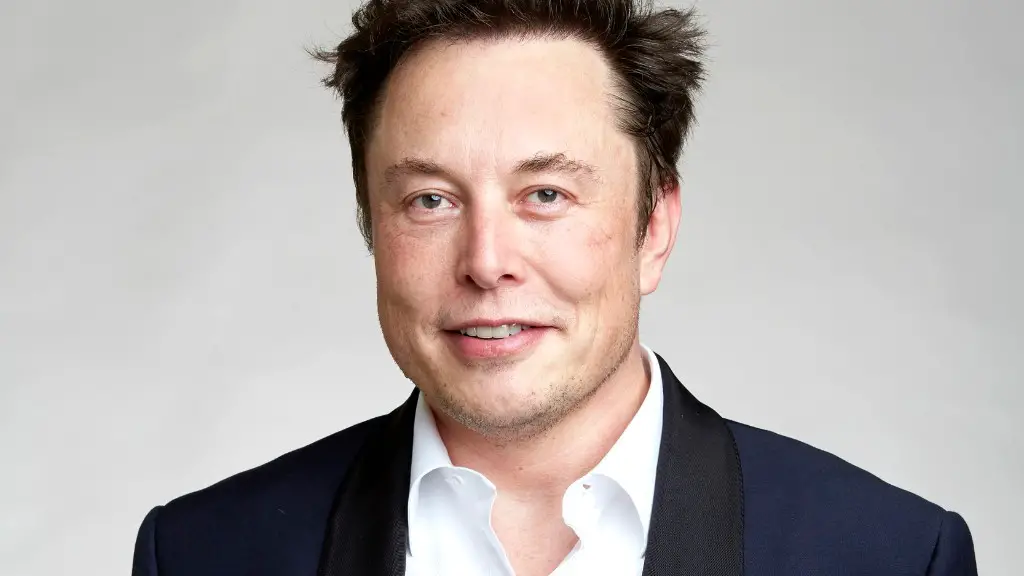Risk Taking Journey of Elon Musk
Elon Musk is an innovator, investor and most famously, the founder of Tesla and SpaceX. Starting out by founding Zip2 and PayPal, Elon has over the years stayed true to his ambition despite the financial risk associated with it. Back in 2002, Elon founded the aerospace manufacturer SpaceX with a mission to reduce the cost of access to space, leading to a more successful future for humanity. Similarly, in 2004, Musk founded Tesla Motors, a company dedicated to electric vehicle production as an answer to global warming. This is reflective of his willingness to take risks in order to follow his ambition, as both ventures were high-risk investments.
While both these ventures are now exemplars of success, they took huge risks in their making. SpaceX was incredibly ambitious and underfunded, with most investors pulling out. Despite this, Elon Musk kept up his efforts and invested huge amounts of his own personal finances in the venture. Similarly, Tesla Motors production was an untested concept, and initially people harboured skepticism regarding this venture. Despite this, Elon Musk relentlessly pushed for the company’s success, and adopted a disruptive approach that changed the dynamics of the industry.
On top of this, some of the most impressive investments made by Musk have been risky in nature. For one, In 2015 that Musk invested more than $1 billion in SolarCity, a company that produces solar panels, which was considered as a bold risk. This is because although this sector was growing, it was underserved and lacked sufficient support. Similarly, in 2016, Musk invested in OpenAI, a nonprofit artificial intelligence research company. This too was a great risk as AI had been and still is a controversial topic and thus is considered as a high-risk venture.
These examples demonstrate that risk-taking is an important component of delivering innovation. Although it involves high stakes, Elon Musk takes these risks in order to transform an idea into reality. Moreover, when speaking about his success, Elon Musk claims to have “learned from experience that you often have to take big risks.” By taking such risks, he has managed to revolutionize the industries of travel and transportation, as well as launching innovative solutions to the energy sector.
Of course, risk-taking involves a lot, far beyond the few mentioned investments by Elon Musk. Risk-taking involves understanding the environment in which a given venture is created, preparation and planning, and handling unexpected events, just to name a few. Every risk-taker including Elon Musk needs to be a careful, reliable, and experienced manager. That being said, Musk has been able to excel as an amazing risk-taker due to his philosophy of never giving up and seeking solutions elsewhere when a given task has seemed impossible. This faith in his endeavour has enabled him to persevere throughout a variety of difficult circumstances. Moreover, Musk also ensures that he is completely knowledgeable and experienced in a given venture before taking risks – something that other entrepreneurs must learn from.
Business Model Innovation
One of Musk’s risk-taking skills that eluded him early on was in understanding how to develop effective business models. The ability to foresee market potential and maximize profitability is essential for being a successful risk taker. For example, when Zip2 was founded, the business model built was not at all scalable and as a result, customers began to slowly leave one by one, with the company eventually selling for a small amount. Similarly, when PayPal was sold, Musk was surprised to find out that he had sold out at such an early stage in its life. After this, it is evident that Musk has put significant effort into learning how to create and nurture a business model. There has been significant focus on creating companies that are sustainable, scalable and viable – a trait that is demonstrated in Tesla’s and SpaceX’s operations.
An example of this is Elon Musk’s innovative business model for Tesla. By selling directly to customers over the internet instead of traditional dealers, the company was able to keep costs down and focus on the specific needs of its customers. This approach drastically reduced the cost of production and provided customers with a hassle-free buying experience. Additionally, Tesla has also invested heavily in autonomous vehicle technology, as well as developing a ride-sharing platform as an extension of their business model. This also supports the idea of sustainability, as well as caters to the specific needs of their customer base. Having planned ahead, Musk was able to take this risk with the added assurance of long-term balance and profitability.
Opportunity and Fortune
Elon Musk is an experienced risk-taker, and his willingness to take risks and innovate has brought him considerable opportunities and fortune. The venture capitalists and founding partners who initially took the risk alongside him have also been rewarded with a considerable amount of money. This can be seen in the successes of SpaceX, Paul Allen and Microsoft, and Jim Clark and Netscape, who are now multi-billionaires due to the risks they took in early stages of their companies.
It is important to remember however, that the success of a risk-taker isn’t just due to luck. This is because the ability to take risks has to be supported by underlying skill and experience. As Elon Musk himself adds, ‘’The key is to practice and become very good at risk-taking — but it’s also important to be aware of when you’re taking too much risk or too little.’’ This is a sentiment shared by experienced investors, entrepreneurs and market researchers, all of whom recognize the importance of taking moderate risks and Planning out your strategy.
In the case of Elon Musk, he holds the unique combination of immense risk-taking and the remarkable ability to place calculated bets. His understanding of the risks associated with each venture is both something to be admired and hailed as an exemplary example of calculated entrepreneurship.
Changing Perceptions
It is also important to note that Elon Musk’s risk-taking has helped shape and change the perceptions regarding business and entrepreneurship. By breaking the norms and taking risks that no one had tried before, Musk has helped to create a new industry and inspire people to be bolder and more experimental in their business activities.
Musk’s success has proven that it is possible to be bold, take risks and still be successful. This has also empowered people who had previously been wary of taking risks, to take that step forward in their businesses and ventures. Musk’s success has also helped changed the way people view business, as it is no longer seen as a boring, tedious task but rather a form of creative expression.
Elon Musk’s success and risk taking is something that many aspire to emulate. Nevertheless, it is important to keep in mind that risk-taking can help you achieve great heights and successes, but it is also important to be aware of the risks associated and to plan accordingly.
Obstacles and Controversies
To be a successful risk-taker, it is important to recognise the importance of being able to bounce back from failure. Unfortunately for Musk, he has had to overcome some considerable setbacks in order to get to where he is today. The three notable examples in order of Elon’s timeline would be his time at Zip2 (which filled up his debts), his time at SpaceX (which made him broke due to the rocket failing), and the time with Tesla (which was marred by constant criticism).
Despite facing overwhelming obstacles and criticisms, Musk was able to recover each time, bounce back and be even more successful. This is perfect example of how risk-takers must be able to go through failure and still stay focused and determined in order to achieve success. Failure should never provide an excuse to slow down and give up – rather, it is an opportunity to learn how to do even better.
Musk has also faced his share of controversies, the most notable being the Unite State’s Securities and Exchange Commission’s 2018 lawsuit against him for securities fraud. It is not always about taking risks but rather about whether the risks are legal and above board. The lawsuit was eventually settled, and Musk was forced to agree to pay a fine of $20 million and step down from his position as Chair of the Board. However, he was allowed to remain as Tesla’s CEO.
In essence, the lesson that we can learn here is that while risk-taking is important, being aware of the legal implications of what you do is also important. This is why it is important to stay informed and knowledgeable about applicable laws and regulations related to any venture.
Conclusion
It is clear that Elon Musk is a master of risk-taking and has served as a role model to many aspiring entrepreneurs. From turning Zip2, PayPal, SpaceX and Tesla Motors from mere ideas into multi-billion dollar ventures, Elon Musk has shaped the generations of entrepreneurs that followed him. Most importantly, Musk’s ability to take risks with calculated strategy is an exemplary example that everyone should learn from.
